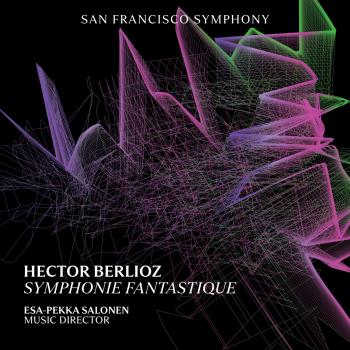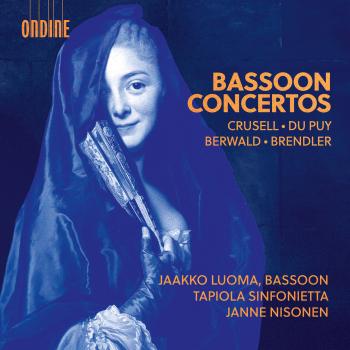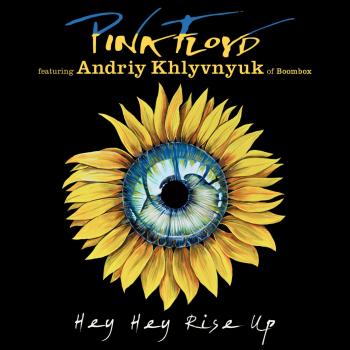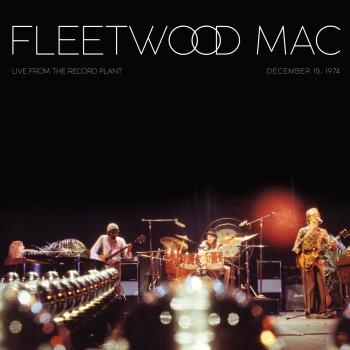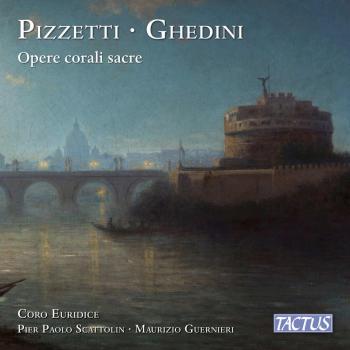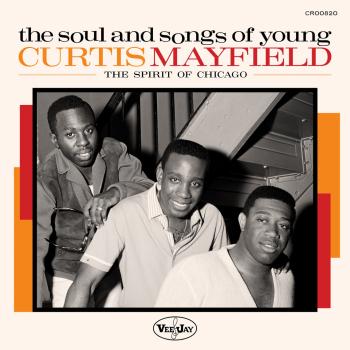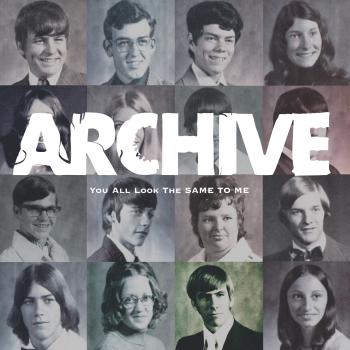
Reber: Trios No. 2, 4 & 6 Trio Elegiaque
Album info
Album-Release:
2016
HRA-Release:
27.04.2016
Label: Timpani Records
Genre: Classical
Subgenre: Chamber Music
Artist: Trio Elegiaque
Composer: Napoleon-Henri Reber (1807-1880)
Album including Album cover Booklet (PDF)
- 1 I. Allegro 06:32
- 2 II. Allegretto un poco andantino 03:13
- 3 III. Sherzo 02:57
- 4 IV. Andante - Allegro 06:35
- 5 I. Allegro moderato 09:05
- 6 II. Andantino 07:41
- 7 III. Allegro non troppo 03:50
- 8 IV. Très accentué, sans vitesse 05:35
- 9 I. Allegro ma non troppo 05:48
- 10 II. Larghetto non tanto 08:06
- 11 III. Allegro vivo 03:18
- 12 IV. Allegro con brio 05:26
Info for Reber: Trios No. 2, 4 & 6
‘There is in this music an abundance of intimate melodies, a plenitude of emotion, a desire for a better world, an aspiration of the soul, an elevation towards God, all this expressed in forms that are most pure, most beautiful and most chaste; all this sustained by the most virile imagination.’
It was in these terms that the daily paper La Quotidienne referred in 1834 to the music of Napoléon-Henri Reber. Born in Mulhouse in 1807, Reber had in fact been originally destined for a quite different career, in industry. However, a few years earlier, in 1828, the young apprentice chemist, from a prominent family in Alsace, had been discovered for his musical gifts and sent to Paris, to be at once accepted into the Conservatory. There he studied composition with Reicha and most notably with Lesueur, then a teacher of great repute who had counted Berlioz and Ambroise Thomas among his pupils.
An artiste of some austerity, favouring the symphony and chamber music, Reber nonetheless composed several comic operas at a time when success was to be found on the operatic stage: La Nuit de Noël (1848, libretto by Scribe), Le Père Gaillard in 1852, the following year the charming Papillotes de M. Benoît and in 1857 Les Dames capitaines. And yet, thoughtful by nature rather than histrionic, Reber devoted himself more to instrumental music, and it was these compositions that earned him his appointment in 1853 to the Institute and in 1862 to the Conservatory as composition teacher (in the same year publishing a Traité d’Harmonie), and lastly in 1872 his decoration as Of cier de la Légion d’Honneur. Among his pupils were Adolphe Danhauser, Benjamin Godard, Pablo de Sarasate, Wladyslaw Zelenski and Jules Massenet, the latter praising in later years the ‘exquisite and delicate’ character of his teacher’s music.
Trio Élégiaque:
François Dumont, piano
Philippe Aïche, violin
Virginie Constant, cello
Trio Élégiaque
The Trio Élégiaque asserts for over ten years as one of the key chamber music ensembles in the musical landscape. Composed by Philippe Aïche violin (concertmaster of Orchestre de Paris and conductor), Virginie Constant, cello (winner of the Maria Canals Competition) and François Dumont on piano (Chopin Competition and winner of the Queen Elisabeth Competition) The Trio embraces a wide repertoire: their complete Beethoven Trios, in concert (at the Opéra Comique in Paris, Molière hall in Lyon, Rennes, Lugano, the Festival of Ljubljana in Solvenia ...) and the disc ( publication at Brilliant Classics in 2013) is particularly noticeable; ‘Shine the game is breathtaking’ writes Tom Deacon particular about Beethoven cabinet. The Trio Élégiaque is also involved in the rediscovery of unknown works: witness their Trios records of Henry Napoleon Reber (published by Timpani in 2013) and the trio of Rimsky-Korsakov (disc ‘Trios Russians’ published by Triton in 2010, ‘Heart of Stroke’ Alain Duault on RTL). Very attached to the willingness to take an active part in the music of our time, the Trio performs the world premiere recording of the Trio Rombach Pascal Dusapin (published by Triton in 2007, awarded a Diapason d’Or). It ensures the creation of the 4th Trio of Nicolas Bacri (dedicated to him) at the Invalides in 2011, the Piano Quartet op. 28 of Florentine Mulsant and Memorah of Serge Kaufmann. A creation is expected soon at the Festival of Meije. The Trio is regularly invited to various programs: ‘Un Mardi Idéal of Arièle Buteaux, ‘Generation Young Performers’ by Gaelle Le Gallic, ‘Plaisir d’amour’ by Frédéric Lodéon and on television, ‘The Music Box’ by Jean-François Zygel. In residence at the Polignac Foundation, the Trio Elégiaque won the Weimar contest (Prize for the Best Interpretation of a contemporary work) and Theo Lieven Chair in Lugano, where they receive advice from William G.Naboré. By the light of their respective artistic experiences and teaching masters such as Bernard Greenhouse and Menahem Pressler of the Beaux Arts Trio and the Amadeus quartet, the musicians of Trio Élégiaque t into the tradition of the great piano trios while seeking by a vibrant and innovative approach to renew the genre and transmit their passion for a repertoire that is exceptional by its richness, diversity and beauty.
Booklet for Reber: Trios No. 2, 4 & 6


